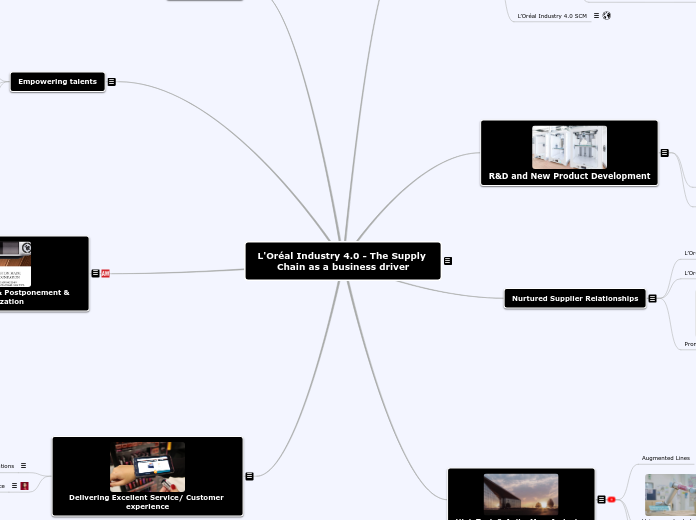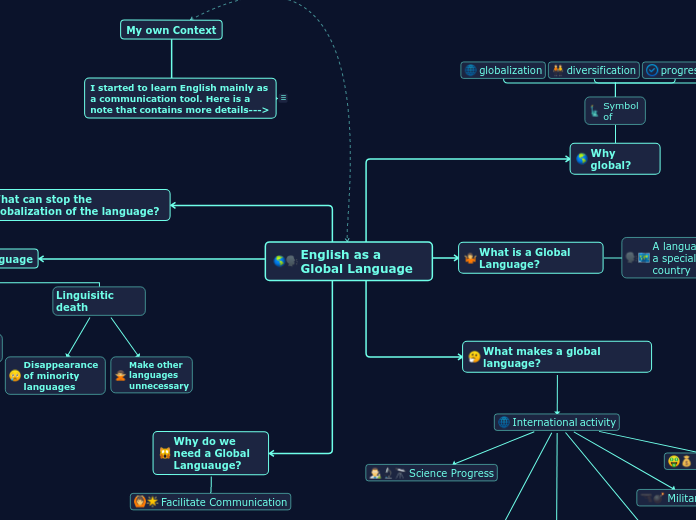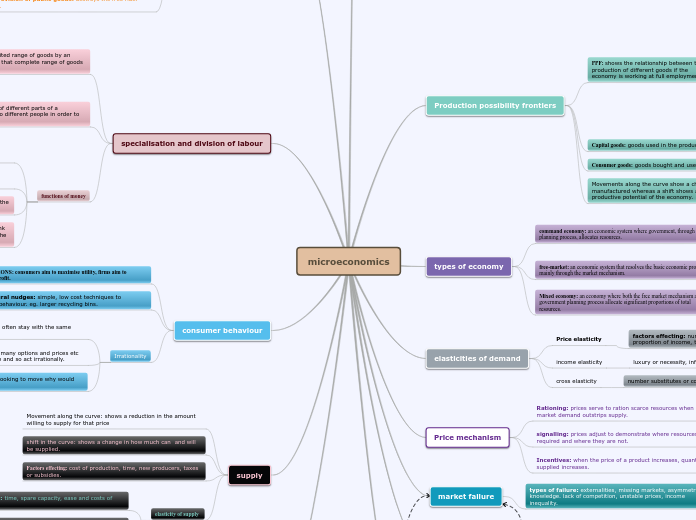A WORLD IN TRANSITION
LANGUAGES
Languages trends
English challenged
The world languages system
SOCIETY
Society trends
The growing gap
An urban, middle class future
An increasing proportion of the world’s population will be city dwellers. A developing economy seems to require
urbanisation, and as an economy develops workers flood in to the cities.
English, however, is an increasingly urban language, associated with growing middle classes, metropolitan workplaces and city lifestyles.
The middle class is not just a consequence of a growing economy, but also a contributory factor. Both Indian and Chinese governments see the enlargement of the middle classes as a means of increasing domestic consumption and so attracting inward investment from multinational companies, whilst providing a stabilising effect on society.
Urban Population Growth, 1950-2025
TECHNOLOGY
Technological development is not just transforming the economy, it is also changing society and global politics.
Language on the internet
The ‘communications revolution’ has, in many ways, just begun.
New communications media are changing the social,
economic and political structure of societies across the world.
The proportion of internet users for whom English is a first language has been decreasing fast (see left). But is that also true of web content? In 1998, Geoff
Nunberg found that around 85% of web pages were in English.
A study by ExciteHome found that had dropped to 72% in 1999; and a survey by the Catalan ISP VilaWeb in 2000 estimated a further drop to 68%. It seems that the proportion of English material on the internet is declining.
Language on the internet in 2005
Language on the internet in 2000
ECONOMY
Economic relationships between the developed countries and those of the ‘third world’ are changing.
Indian and Chinese economies, especially, have been
growing fast.
According to the OECD, China could overtake the USA and Germany to become the largest exporter in the world
in the next 5 years.
The redistribution of poverty
The stream of migrant workers flowing to richer economies threatens to impoverish the developing economies they come from.
The impact of globalisation on wealth is complex: it seems that inequalities are being magnifi ed within all countries, but the gap between national economies may be narrowing. Access to English may be a contributing factor.
English is a necessary skill for many of workers: for example, Malaysia in 2003 made basic profi ciency in English a requirement for all foreign employees, just as Bangladesh signed an agreement to send 200,000 workers to Malaysia.
Internal migration to urban areas has a similar impact on rural economies. Workers may leave their children with grandparents in the country, sending home money which is vital to the support of not only their own families but also the rural economy as a whole.
The rise of the BRICs
The world economy is experiencing the impact of two new economic superpowers emerging simultaneously. But it is not just China and India whose economies are growing fast. Together with Brazil and Russia they form a group referred to by economists as BRICs.
DEMOGRAPHY
The main driver of change in the world since the 18th century. The world population then started rising fast.
People movement
Historically, the movement of people has been the main reason for language spread. It still has important linguistic consequences today.
More people than ever are on the move. Between 1960 and 2000 the total number of international migrants had doubled to 175 million, representing nearly 3%
of the world’s population.
Many migrants seek a better life in one of the more developed countries which encourage the immigration of skilled workers to counterbalance their ageing workforce. This is changing the social and linguistic mix of the destination countries.
The global population
By the 1990s, population increase in many developed economies had slowed, but in less developed parts of the world it was still rising fast.
The reasons for this imbalance lie in a complex mix of material circumstances, life chances and financial needs.









